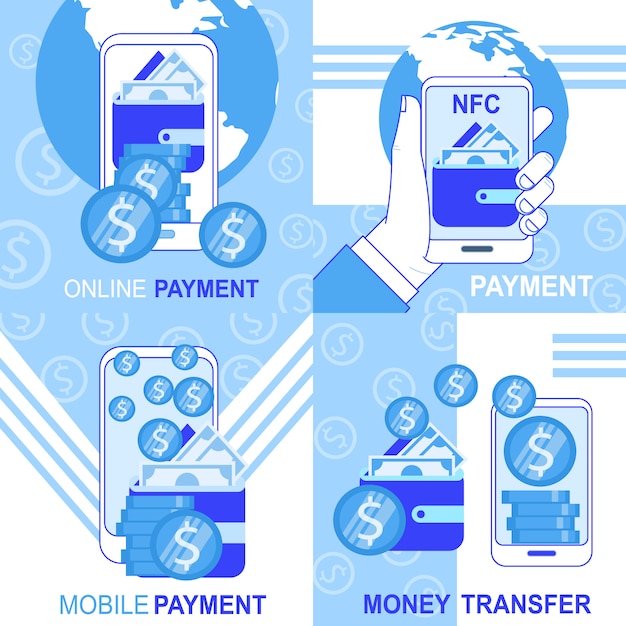
Paying with cash might seem a bit old-fashioned, but there are times when it can be a smarter choice than using your credit card. While credit cards are quick and convenient, using cash for everyday transactions can be safer and help you save money, stick to your budget, and avoid targeted marketing.
Sometimes, paying with cash can get you discounts, like at gas stations or when ordering take-out. Since businesses often pay fees for card transactions, they might offer you a lower price if you pay in cash. These small savings can add up, especially if you’re a frequent buyer.
When you use a card, it’s easy to lose track of your spending because you don’t see the money leaving your account immediately. Carrying only the cash you need for the day can help you stay within your budget and spend more thoughtfully.
Although carrying cash comes with the risk of theft, it reduces the chances of identity theft compared to using credit or debit cards. Cash transactions are straightforward, with no risk of additional charges like late fees or interest payments.
For small purchases, cash can be more convenient since many retailers have a minimum spending requirement for card payments. Plus, small businesses often appreciate cash payments as it saves them bank fees, and they might offer discounts in return.
Using cash also keeps your spending habits private. When you pay with a card, retailers can track your purchases and target you with ads, which can lead to more spending.
In some situations, like buying a house, you might be tempted to use cash to close the deal quickly. However, using a mortgage can be more beneficial in the long run due to tax benefits and the opportunity to build credit. Plus, investing your cash elsewhere might yield better returns.
For business-related expenses, using credit or checks can be more practical. It provides a paper trail for tax deductions and offers purchase protection if something goes wrong with your purchase.
Credit cards can also offer additional benefits like insurance on car rentals and extended warranties on electronics. They help you build credit if used responsibly, and tracking your spending through your card statements can simplify budgeting.
While credit cards and debit cards are convenient, paying with cash for certain expenses can help you save money, avoid fees, and protect your privacy. However, for larger purchases or when building credit, using a card might be the better option. Balancing between cash and card payments can help you manage your finances more effectively.